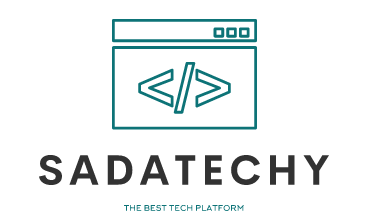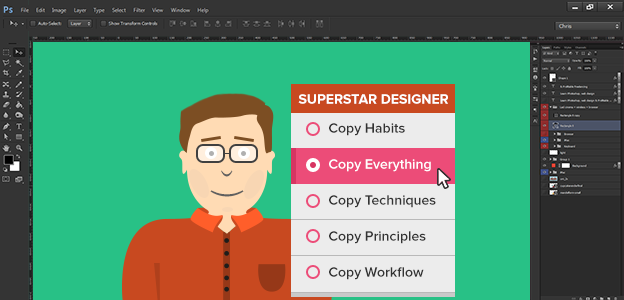Setting expectations is an important part of starting a freelance business. It is best to do this early and provide as much information as you can. You should also put all your decisions on paper and include any official documentation. Doing so will create credibility for your freelance business and give you documentation in case of any problems.
7 things to know before starting a freelance business
Starting a freelance business can be a thrilling prospect, but it is also a challenging venture that requires a lot of work and planning. The first step is to determine your goals and buyer personas. You will also need to figure out how to handle money and make sure your online presence is up to par. It’s also important to keep a positive attitude, even if things don’t go as planned.
You’ll need to find a niche that you’re passionate about. The first step is to determine the type of projects and clients you’d enjoy working on. This can be done by considering your hobbies. Choosing a niche that you enjoy will help you match your skills and interests with your client’s needs. Also, it will be helpful to have an understanding of what demographics are most likely to pay well for your services.
As a freelancer, you’ll be limited in your time to find new clients. This means you need to make the most of each client you have, both financially and in terms of your portfolio. As a result, you need to build up your portfolio and experience to boost your confidence. You’ll also want to take advantage of your first year as a freelancer to learn the ins and outs of running a business and building your network.
Legal entity to work under
When doing freelancing, the best practice is to set up a legal entity. You can do this in many ways, from setting up a sole proprietorship to forming an LLC. It’s best to consult your local authorities to find out what type of entity is right for you.
There are many advantages to forming a legal entity, including reduced liability for you personally. Many states have their own legal entities for businesses, and choosing the correct one for your business is important. In addition to limiting your personal liability, setting up a legal entity can protect your personal assets. In most states, you can choose a limited liability company or an LLC.
If you’re doing freelance work as an independent contractor, setting up a separate entity will increase your chances of landing big clients and securing your personal assets. Moreover, it will help you to save on business taxes. An LLC is also easier to set up and requires minimal paperwork.
Income potential
While the income potential of freelancing is unlimited, there are some drawbacks. It can be hard to maintain a steady income, particularly if you work long hours. As a result, you may find yourself working fewer hours, or working only part-time. Depending on your work load and your availability, this could limit your income potential.
One way to increase your income potential is to earn certifications in your chosen field. For instance, certifications in project management and information technology (IT) can help you gain credibility in your field. Freelance income also fluctuates depending on factors like experience and demand. To maximize your earnings, consider boosting your rates regularly and proportional to your level of expertise. This will attract clients who appreciate your experience and advice.
Another great benefit of freelancing is the flexibility. While you don’t have a boss, you are able to switch between one or two employers, depending on how busy you are. As a result, you have greater flexibility and more options than ever before. Even though you’ll need to manage your time more carefully, this option will also help you earn more quickly.
Ups and downs of freelancing
If you’re thinking of starting a freelancing business, you should be prepared for the ups and downs of the freelancing business. This means having enough financial resources to get through down times, as well as a mindset that can handle uncertainty. During the down periods, you should be aware of your monthly expenses and ensure that you have enough funds to meet them. This means checking your bank statement and credit card bills.
Another big issue is maintaining consistent income. If you are transitioning from a full-time job to freelancing, you may find it difficult to meet your monthly expenses. Until you get regular clients, you won’t be able to count on a steady income. You will have to fight for every job and build a sterling reputation in order to have the best chance of success.
Freelancing has several benefits, including a flexible schedule. It allows you to plan your activities throughout the day. If you have a family, you can work while your children nap. Another perk is that you can change clients whenever you want. If you don’t like your current client, you can always look for other opportunities in your niche.vvv


